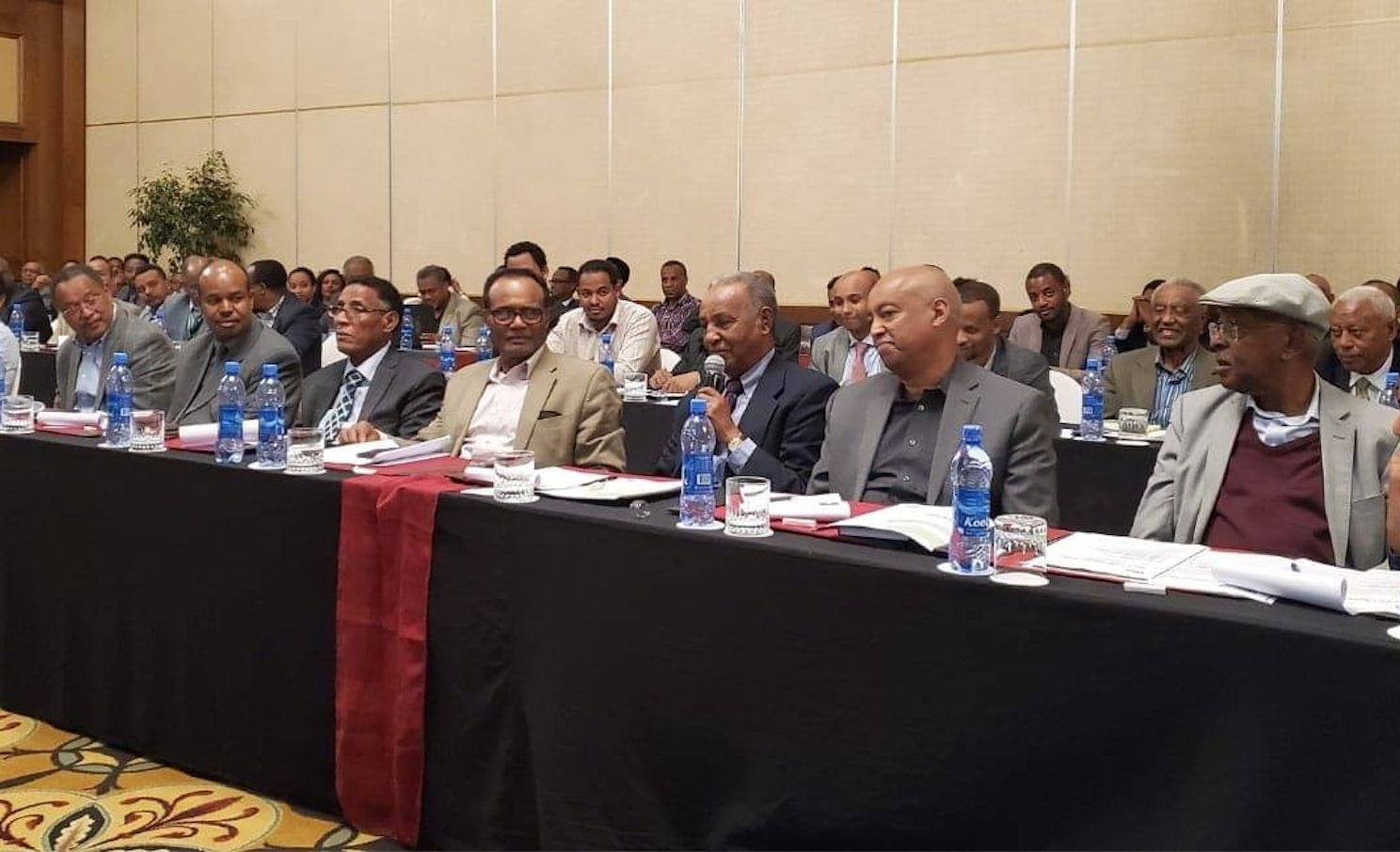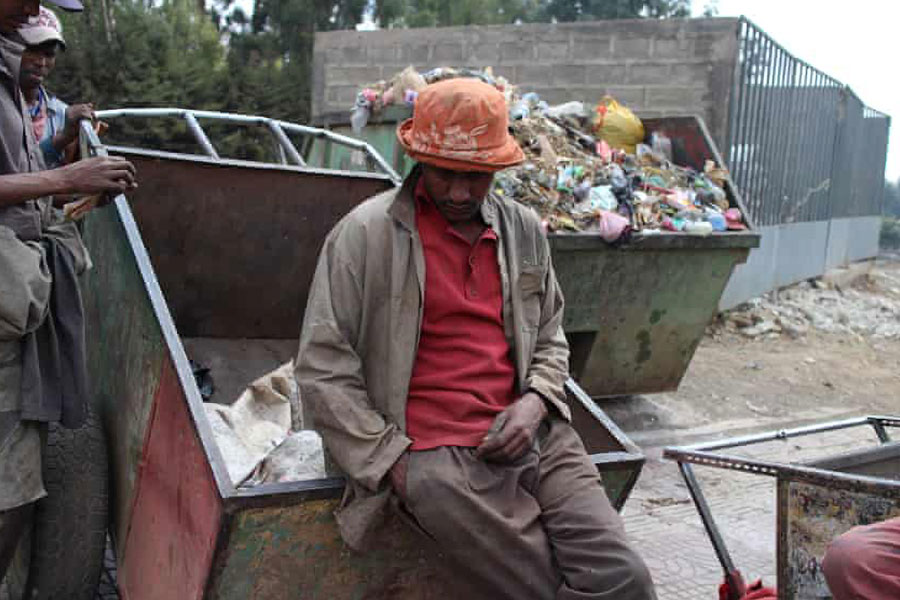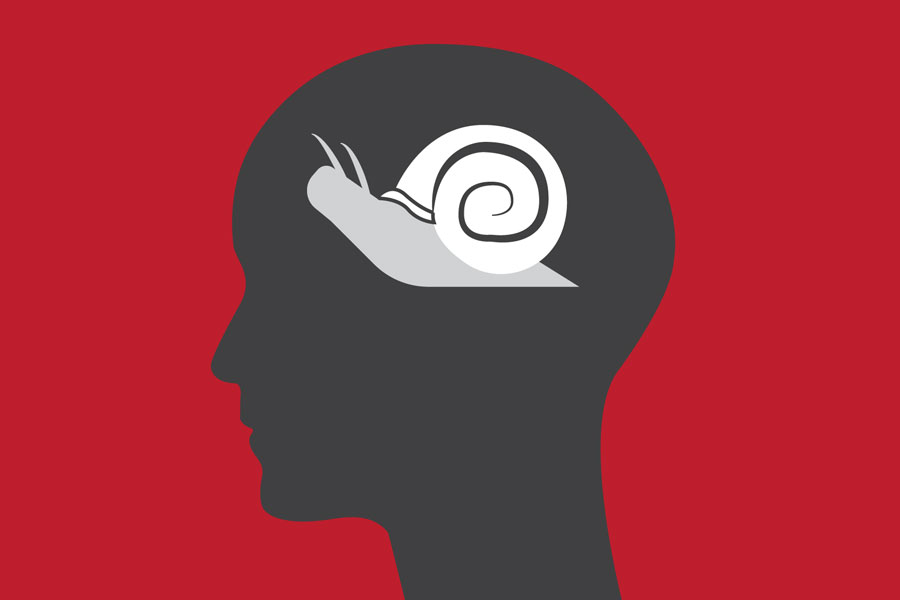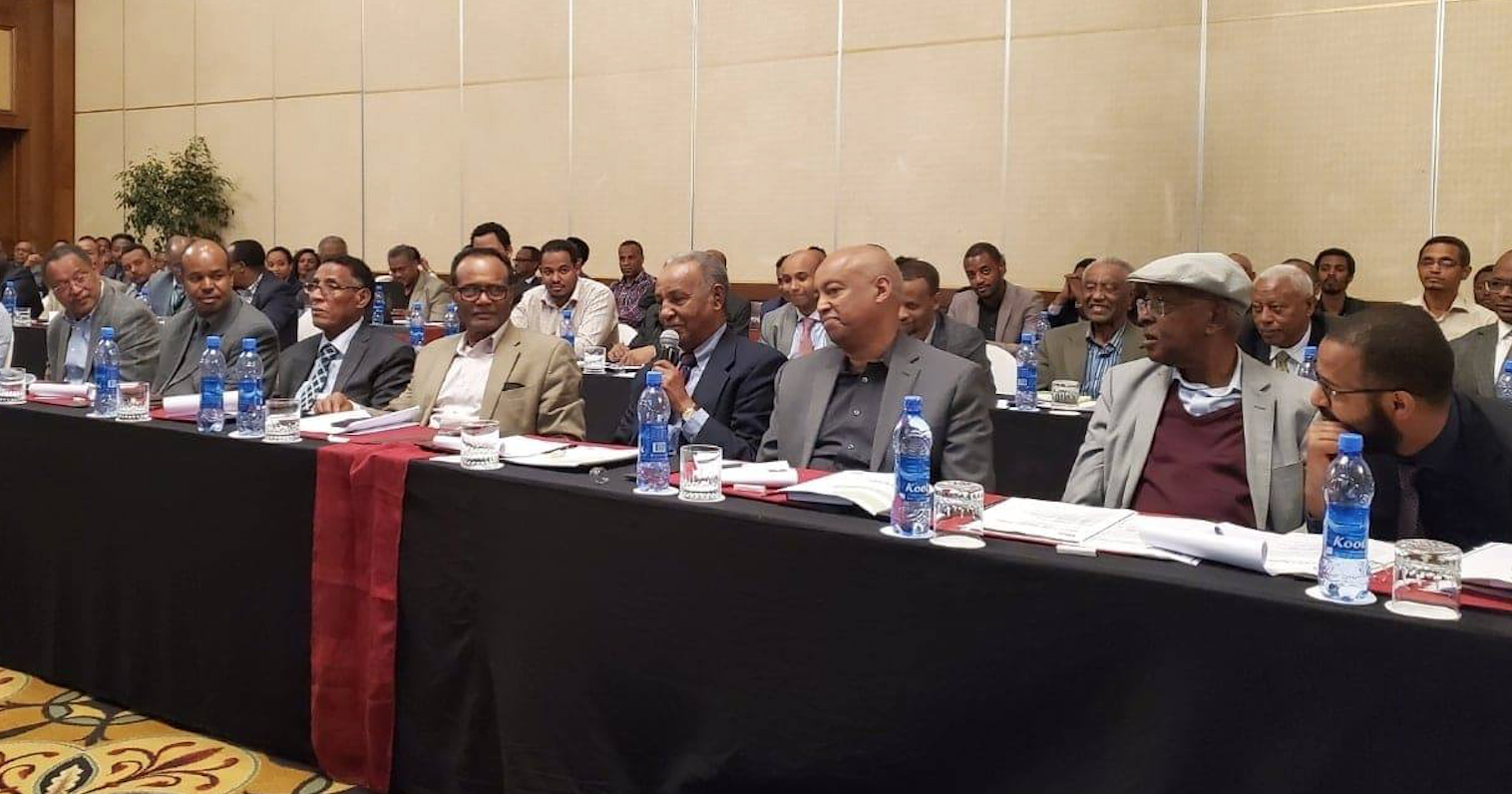
Fortune News | Nov 28,2019
Dec 26 , 2020
By Christian Tesfaye
It seems that it is only acceptable to write about doom and gloom these days, about how misery is everywhere. It is hard to admonish anyone for this. After all, this was objectively a bad year.
The big news was a once in a century global pandemic. There have since been close to 80 million cases across the world, which is nearly the entire population of Germany. At this point, about one in every hundred people in the world has caught the virus. It has killed 1.7 million people across the world as well, nearly the entire population of Bahrain, or 0.02pc of everyone on Earth.
In Ethiopia, there have been over 120,000 cases. This is 0.1pc of the population, and this also may not reflect the true extent of the virus due to awareness and testing capacities. There is some consolation in that the reported deaths have been a tiny fraction of this but not small enough to take mildly.
The year also saw devastating forest fires, social unrest, floods and desert locust swarms. In Ethiopia, we also had our first armed conflict since the Ethiopian defence forces engaged with those of Eritrea’s two decades back. It was an unrelenting year.
There was a tiny blessing of good news nonetheless, and it came in the form of the UN’s Human Development Indicators (HDI) report. It is important to ponder it momentarily, because it focuses on data, while most well-being measures in Ethiopia are considered through a thick frame of politics.
No doubt, numbers are not perfect indicators of our conditions. There is more to well-being than what economists and statisticians can count. There are factors such as dignity, feelings of security and political freedom that are also fundamental to understanding whether society is in the best shape it can be.
Still, they are more valuable than guesstimating the physical, material and emotional well-being of society from whoever was in power during the years of review. This is why indicators such as HDI are critical, and that of Ethiopia’s has an inspiring story to tell.
Ethiopia is still a low-income country. But it is in a far better position than it was at the turn of the century. We now can expect to live about 15 years more on average than we did two decades ago; expected years of schooling have more than doubled; national income per capita tripled; maternal mortality rates were more than halved; and the number of internet users is in the double digits and rising.
In all, Ethiopia has improved in HDI from about 0.3 to close to 0.5. This means that fewer people die of diseases and malnutrition; more people are literate and can put food on the table than was the case two decades ago. This is objectively a good thing. This is the ball we should have our eyes on.
It did not occur by some miracle, especially considering how fast the rate of improvement for Ethiopia has been. Take Kenya, which went from 0.5 to just 0.6 in three decades and even regressed during the 1990s. This means that improvement is not written in stone. Globalisation may be helping most countries come out of poverty faster, but it is by no means a guarantor, and the room for failure is wide.
The major roadblock is and will remain the threat of political instability. We continue to be a country that is not at peace with itself. To an extent, this does not make us unique. Few countries in the world are comfortable with their history and do not have internal contradictions. The problem is when we allow our political challenges to consume the developmental progress we are indeed making.
PUBLISHED ON
Dec 26,2020 [ VOL
21 , NO
1078]


Fortune News | Nov 28,2019

My Opinion | Apr 02,2022

Viewpoints | Aug 31,2019

View From Arada | Oct 09,2021

View From Arada | Apr 22,2022

Viewpoints | May 06,2023

My Opinion | Jun 19,2021

Sunday with Eden | Jun 29,2019

View From Arada | May 21,2022

In-Picture | Nov 28,2019

Photo Gallery | 180607 Views | May 06,2019

Photo Gallery | 170801 Views | Apr 26,2019

Photo Gallery | 161883 Views | Oct 06,2021

My Opinion | 137300 Views | Aug 14,2021

Dec 22 , 2024 . By TIZITA SHEWAFERAW
Charged with transforming colossal state-owned enterprises into modern and competitiv...

Aug 18 , 2024 . By AKSAH ITALO
Although predictable Yonas Zerihun's job in the ride-hailing service is not immune to...

Jul 28 , 2024 . By TIZITA SHEWAFERAW
Unhabitual, perhaps too many, Samuel Gebreyohannes, 38, used to occasionally enjoy a couple of beers at breakfast. However, he recently swit...

Jul 13 , 2024 . By AKSAH ITALO
Investors who rely on tractors, trucks, and field vehicles for commuting, transporting commodities, and f...

Nov 1 , 2025
The National Bank of Ethiopia (NBE) issued a statement two weeks ago that appeared to...

Oct 25 , 2025
The regulatory machinery is on overdrive. In only two years, no fewer than 35 new pro...

Oct 18 , 2025
The political establishment, notably the ruling party and its top brass, has become p...

Oct 11 , 2025
Ladislas Farago, a roving Associated Press (AP) correspondent, arrived in Ethiopia in...

Nov 2 , 2025
The National Bank of Ethiopia (NBE) has scrapped the credit-growth ceiling that had s...

Nov 2 , 2025 . By SURAFEL MULUGETA
The burgeoning data mining industry is struggling with mounting concerns following th...

Nov 2 , 2025 . By YITBAREK GETACHEW
Berhan Bank has chosen a different route in its pursuit of a new headquarters, opting for a transitional building instea...

Nov 2 , 2025 . By BEZAWIT HULUAGER
Nib International Bank S.C. has found itself at the epicentre of a severe governance...